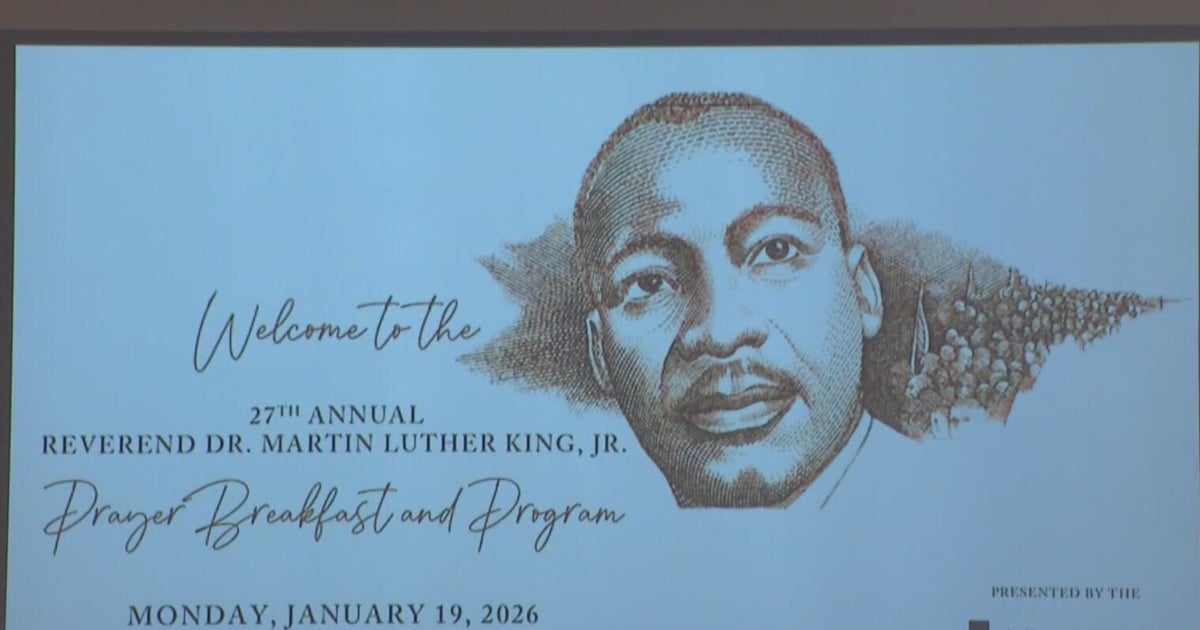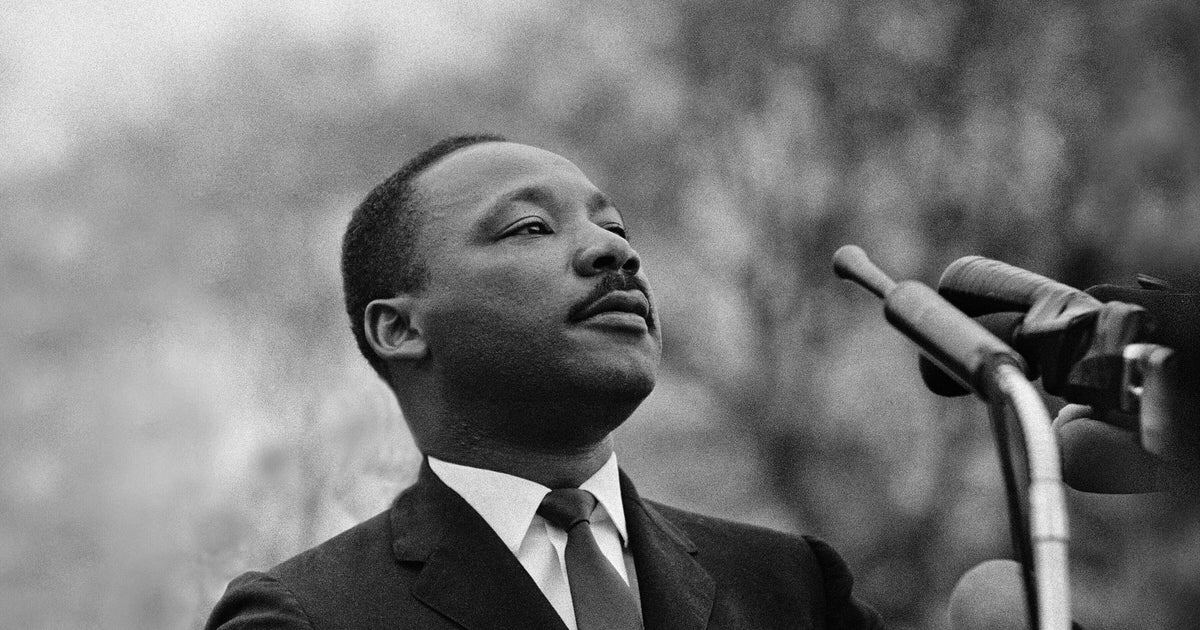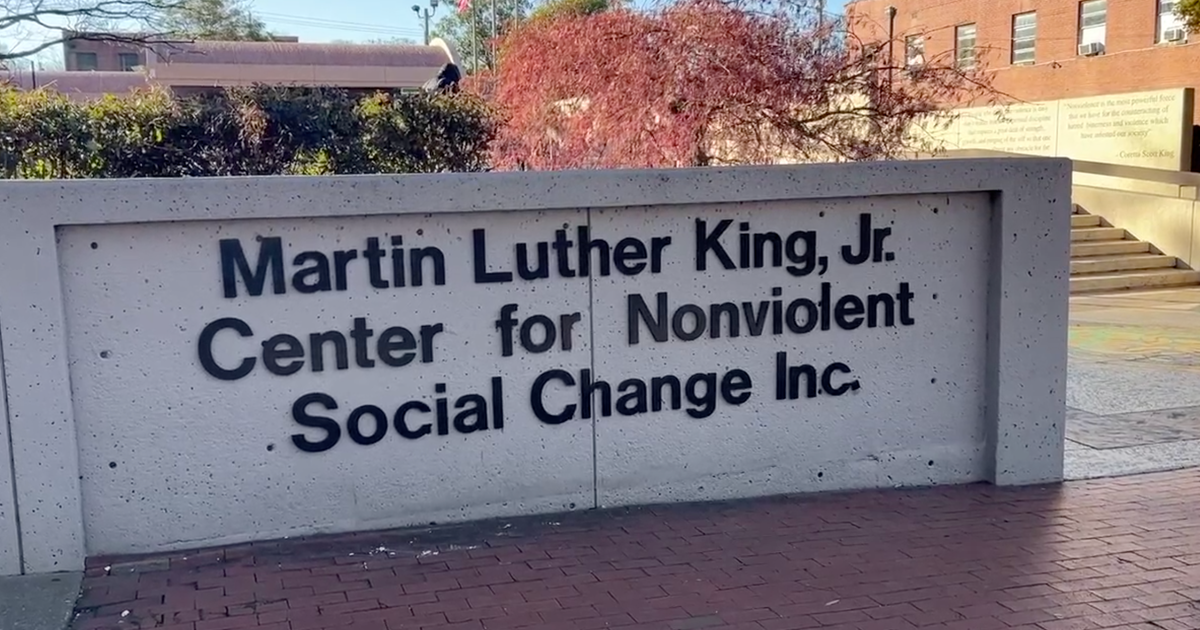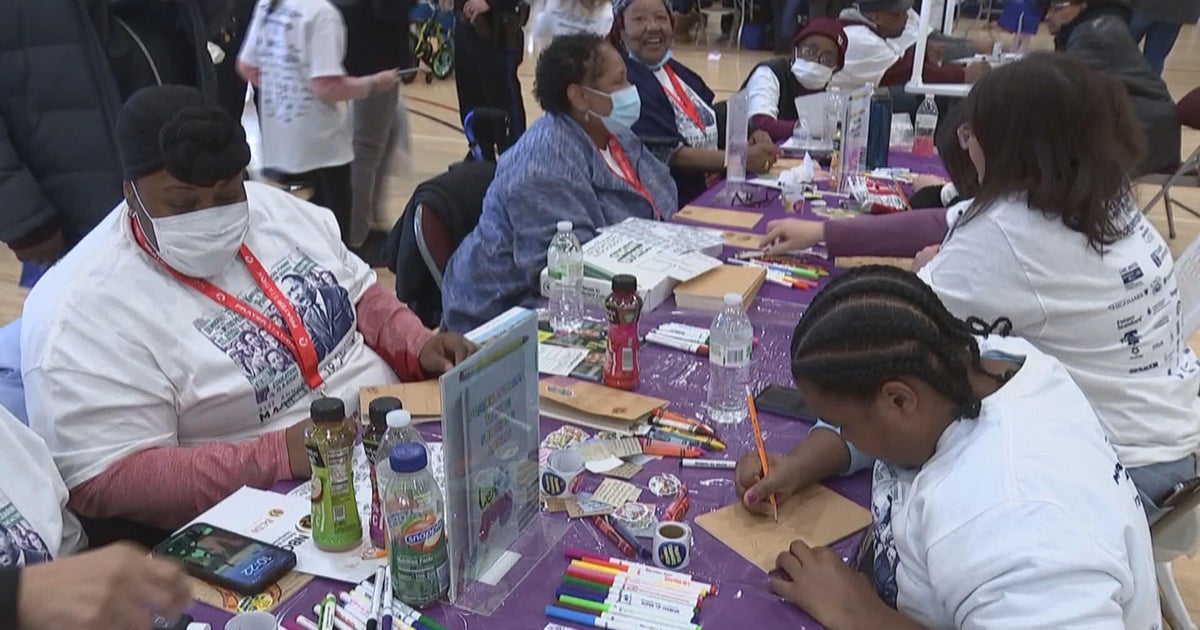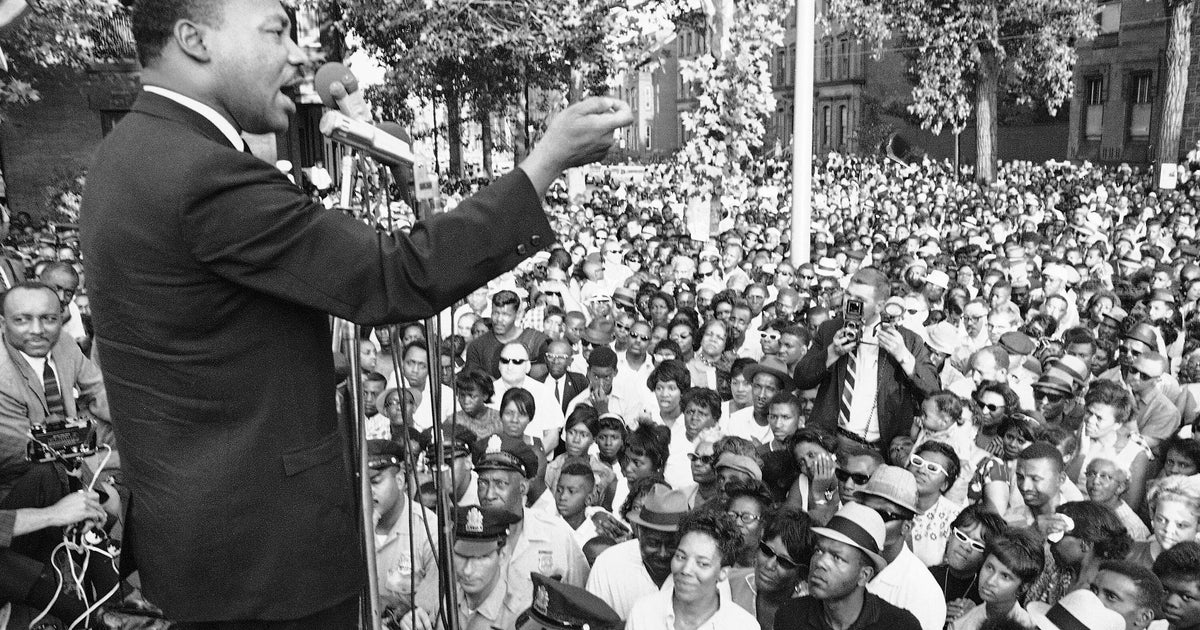Chicago Author Paul Kendrick Emphasizes Enduring Importance Of Dr. Martin Luther King Jr.'s Courage After Being Placed In Prison Where He Felt His Life Was In Danger
CHICAGO (CBS) -- Six decades later, some lessons learned from Dr. Martin Luther King Jr. are just as relevant today – that is the view of a local author who wrote a book about a pivotal incident in Dr. King's life.
That Chicago author, Paul Kendrick, spoke with CBS 2 Political Investigator Dana Kozlov.
"I think it's really important to see the Martin Luther King holiday not as a comfort, but as a challenge," Kendrick said.
That is Kendrick's unique perspective on the federal holiday – a perspective that is heightened after he researched one significant incident in the Civil Rights pioneer's life for his book, "Nine Days: The Race to Save Martin Luther King Jr.'s Life and Win the 1960 Election."
"When you spend months - years - working on a book about him; when you interview those who grew up with him; who were in jail cells with him; who strategized with him – you ask yourself, what more can I be doing?" Kendrick said.
Kendrick co-authored the book with his father, Stephen. It chronicles Dr. King's sit-in arrest in Atlanta three weeks before the 1960 presidential election.
"Black college students really challenged him to do a sit-in with them because he had never gone to jail overnight," Kendrick said.
Kendrick said that arrest, which occurred while King was on probation for a traffic violation, prompted a white judge to then have Dr. King thrown in a prison where Black inmates often ended up dead. That was when King's wife reached out to then-John F. Kennedy presidential Harris Wofford and former Chicago Defender reporter Louis Martin for help.
"Harris Wofford, Louis Martin, and their boss, Sargent Shriver risked the election to get Kennedy to speak out for this controversial minister; to do the politically courageous thing," Kendrick said.
Courage is a key message in Kendrick's book. It is just as relevant now, Kendrick said, with the Black Lives Matter movement and the fight against legislation that would suppress voting rights being front and center.
"I think the story also tells us to listen to young people; listen to young activists," Kendrick said.
Kendrick said Dr. King really believed he would die during those nine days in that prison. But facing that fear gave him the courage to elevate his Civil Rights crusade.

